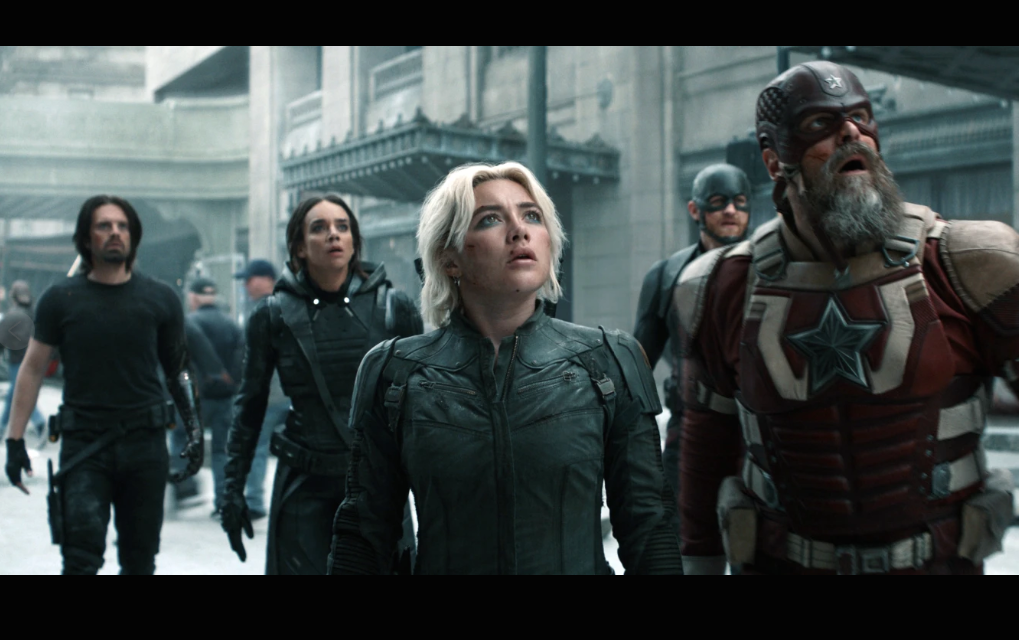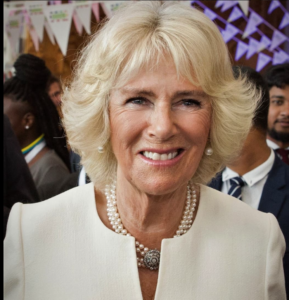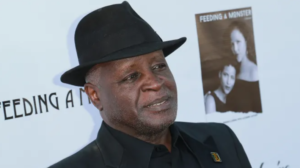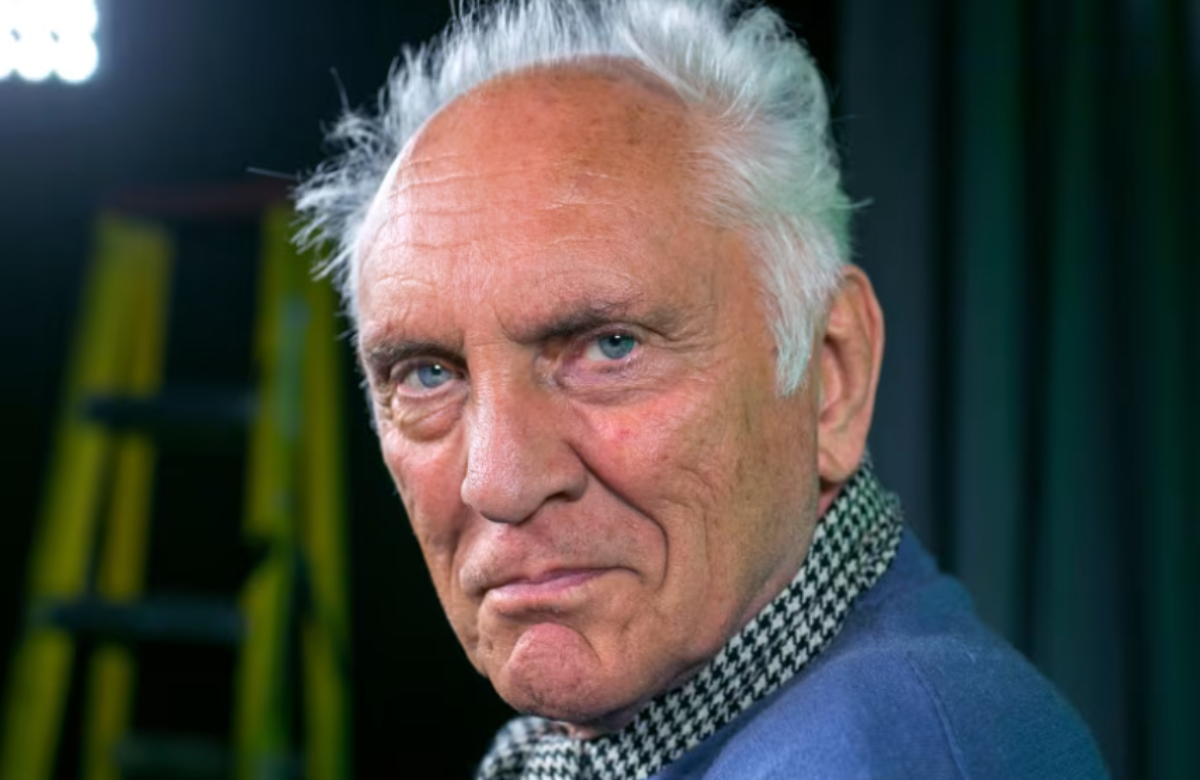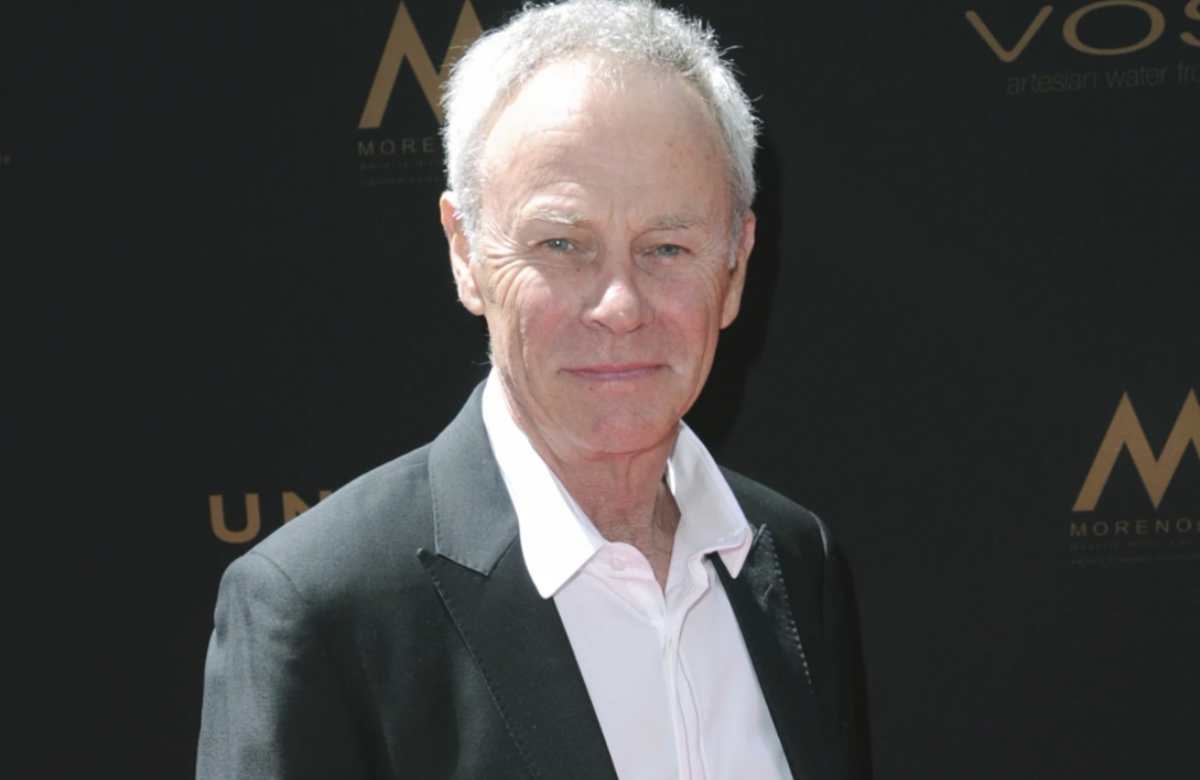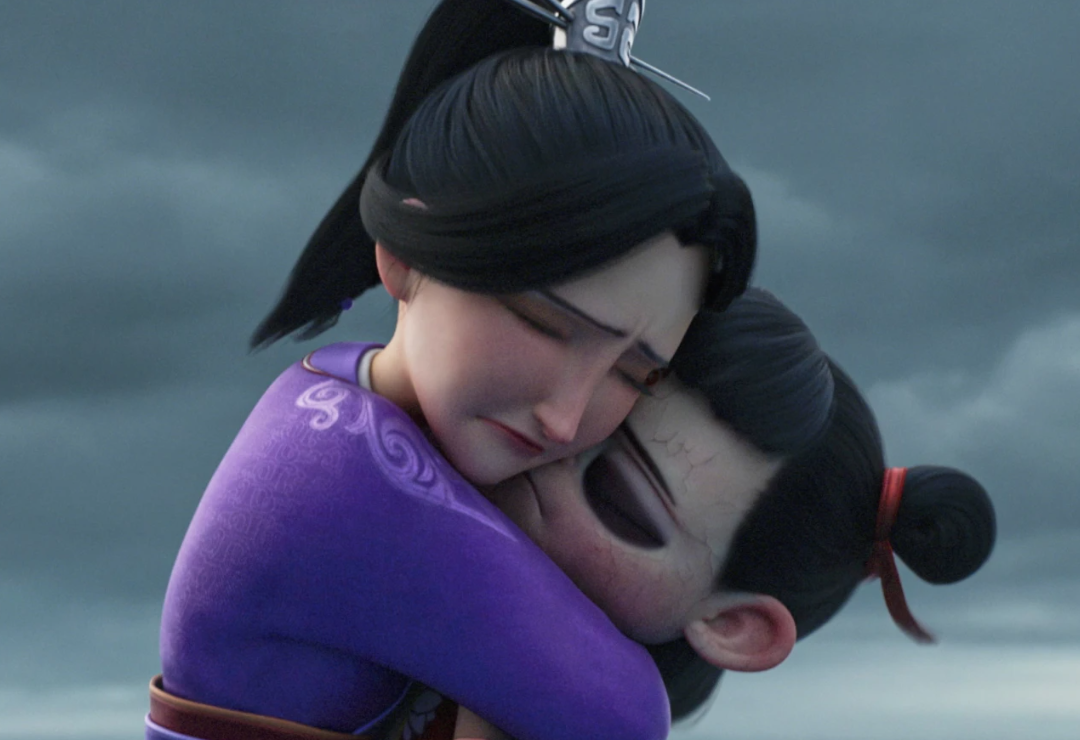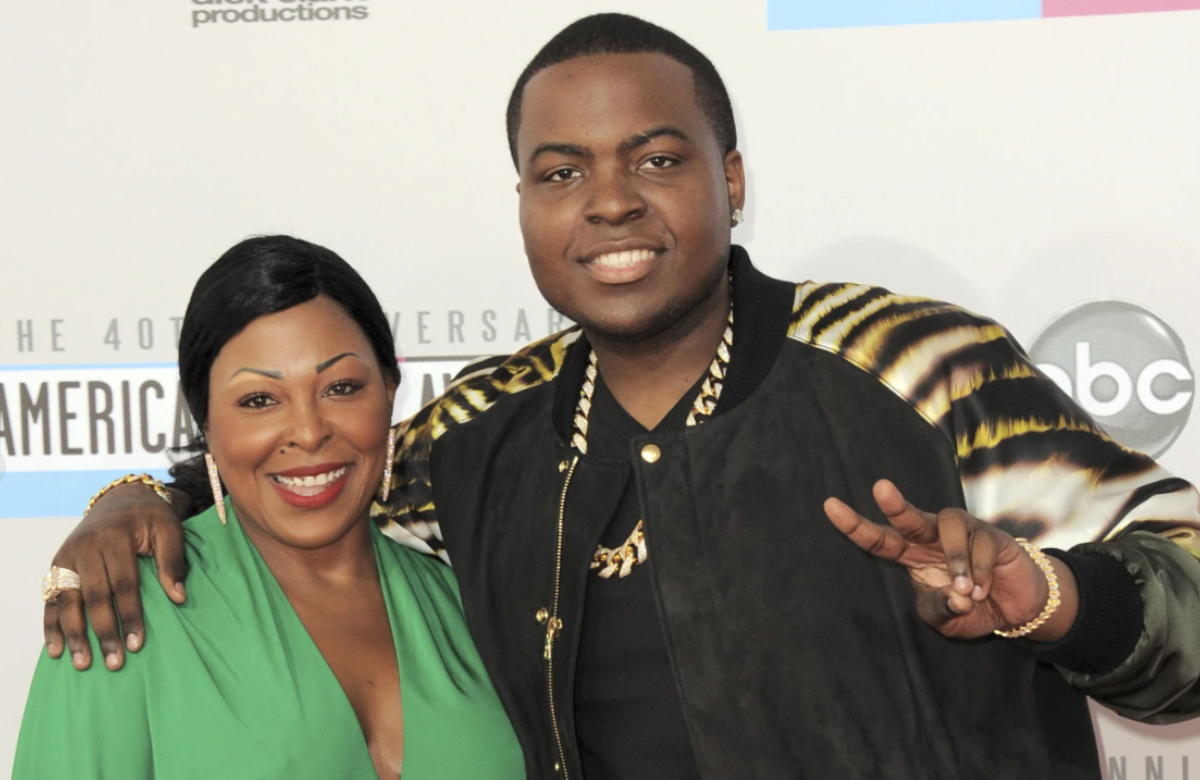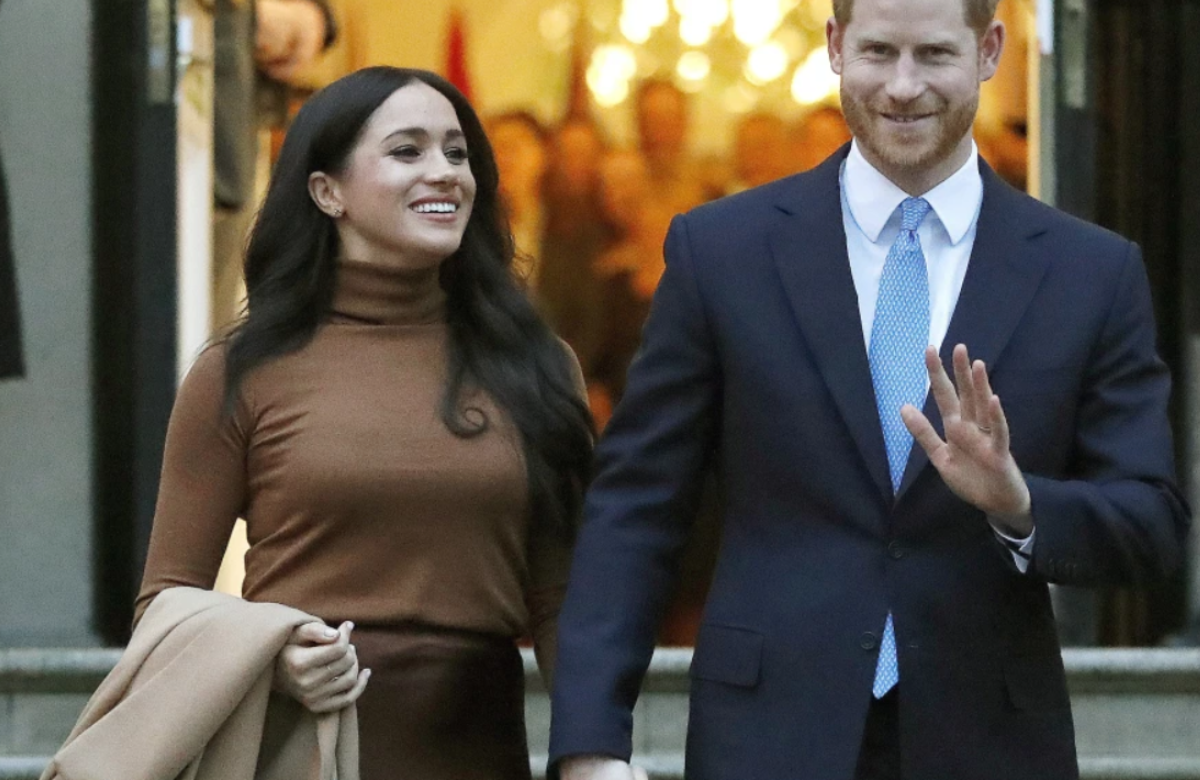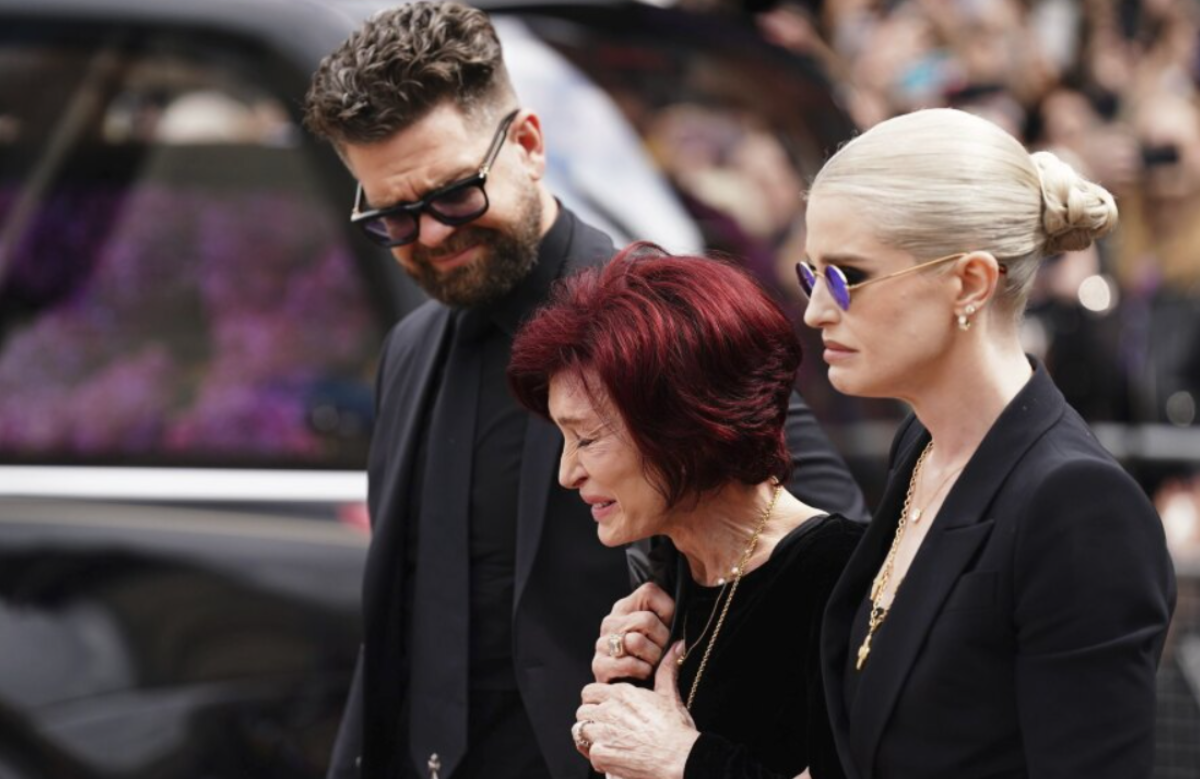In Thunderbolts, different worlds meet — not via multiversal chaos or alien invasions, but through a more grounded and creative convergence. Marvel’s latest film represents a collision not just of its usual roster of antiheroes but of two major forces in modern American cinema: the blockbuster behemoth of Marvel Studios and the indie cool of A24.
Though this isn’t a formal collaboration, Thunderbolts brings together many creatives with A24 connections. Director Jake Schreier and co-writer Joanna Calo both worked on the acclaimed A24 series Beef, while co-writer Eric Pearson is a seasoned Marvel screenwriter. The visual and auditory elements follow suit: cinematographer Andrew Droz Palermo, editor Harry Yoon, and the band Son Lux score the film.
Trailers for Thunderbolts have leaned into these indie-adjacent connections, possibly as a strategy to rebrand Marvel with a more artistic edge after a rocky run of recent releases. Still, while it might seem like Marvel is borrowing some A24 credibility, this movie doesn’t trade superheroes for surrealism. What it does do, however, is offer one of Marvel’s most compelling entries in years.
The film centers on a group of disillusioned and discarded characters from across the Marvel Cinematic Universe, brought together after being betrayed by CIA director Valentina Allegra de Fontaine, played with sharp wit by Julia Louis-Dreyfus. While still within Marvel’s shared universe, the movie mostly stands on its own, favoring a character-driven narrative over heavy franchise setup.
There’s a touch of James Gunn-style irreverence — reminiscent of Guardians of the Galaxy and The Suicide Squad — but Schreier’s direction keeps things more restrained and emotionally grounded. Florence Pugh’s Yelena Belova, a former Black Widow assassin, anchors the story. In the film’s moody opening, she voices a feeling of emptiness while poised on a rooftop before diving into a mission — the kind of moment that captures the film’s blend of action and introspection.
Yelena isn’t alone in her inner turmoil. Her mission unexpectedly intersects with others — including John Walker, Taskmaster, and eventually Bucky Barnes. There’s also a mysterious new character named Bob, played with disarming gentleness by Lewis Pullman. The team members all share troubled pasts tied to questionable government experiments, and their interactions are tinged with trauma, guilt, and unease.
Rather than aiming for a climactic battle over a city skyline, the film’s final act takes place largely in a metaphorical or psychological space, delving into the emotional depths of its characters. It’s an unusual approach for a Marvel film — one that focuses on personal healing and psychological weight over explosive set pieces.
Yoon’s editing and Palermo’s cinematography lend the film a muted, almost dreamlike quality at times, especially in standout sequences like a hallway fight choreographed in an overhead shot reminiscent of Oldboy. But beneath the style is a story about broken people trying to find meaning and connection.
Louis-Dreyfus shines as Fontaine, channeling her political satire roots while adding sinister undertones. When her character coldly states that “The Avengers are not walking through that door,” it resonates as both a plot point and a symbolic shift — a nod that this team of misfits is what’s left to believe in.
While Thunderbolts may not reinvent the genre, it’s a refreshingly coherent and character-focused outing that avoids the overwrought excesses of recent superhero films. It also reaffirms Florence Pugh’s star power — a talent who has moved fluidly from indie horror to high-stakes Marvel roles.
Rated for violence, strong language, and mature themes, Thunderbolts runs for 126 minutes and delivers a smart, grounded take on the genre. It might not carry the full weight of the Avengers, but it proves that smaller-scale, emotionally resonant storytelling can still pack a punch.
